When Dina, one of Egypt’s most famous belly dancers, announced the launch of her academy, the backlash was instant. A lawyer filed a complaint with the public prosecutor, accusing her of promoting vice. A member of parliament demanded that the place be shut down. Social media was filled with calls to sue her.
The accusations are extreme. They claim she’s running a school for “naked dancing” that will corrupt youth and destroy society’s values.
However, this outrage overlooks a fundamental fact: belly dancing has been an integral part of Egyptian culture for centuries. It shaped our cinema, our nightlife, and the world’s perception of us.
A Culture That Embraced Belly Dancing, Until It Didn’t
Egypt gave the world Samia Gamal, Naima Akef, Zizi Mostafa, and the legendary Taheya Karioka. These women weren’t just dancers; they were icons of Egyptian cinema who shaped the golden age that we still brag about. They embodied glamour, strength, and unapologetic femininity.
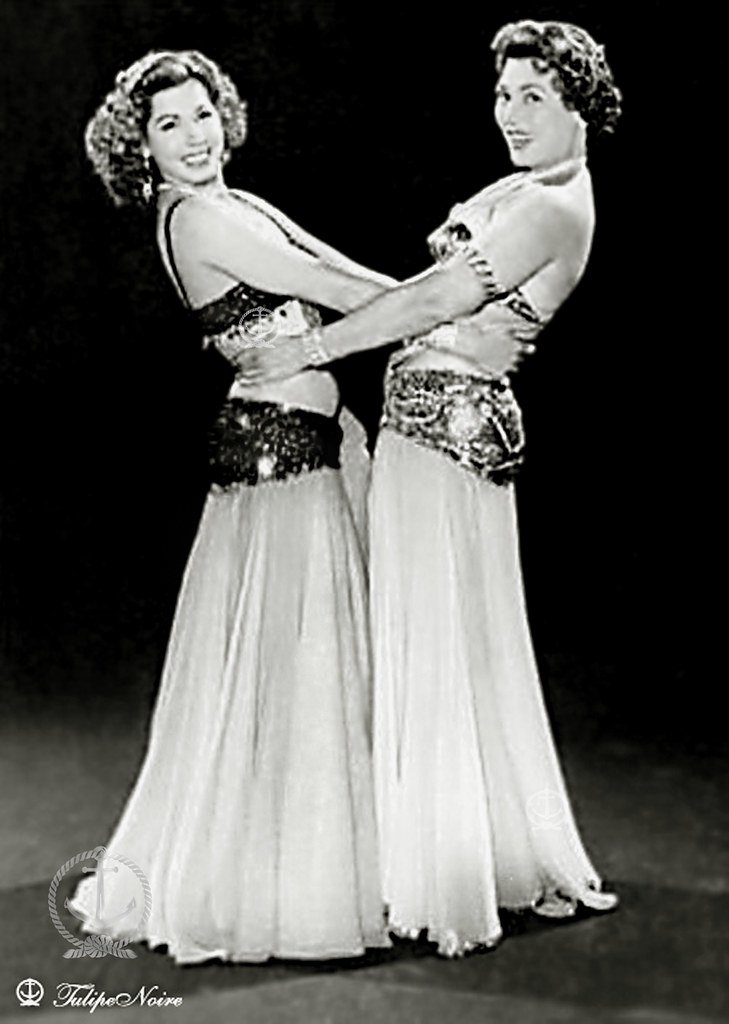
Even now, names like Nagwa Fouad carry weight. Just last month, she publicly appealed for help with her medical bills because belly dancers don’t get retirement pay.
Imagine a woman who defined an entire era of entertainment, who represented Egypt on global stages, left without basic support in her old age.
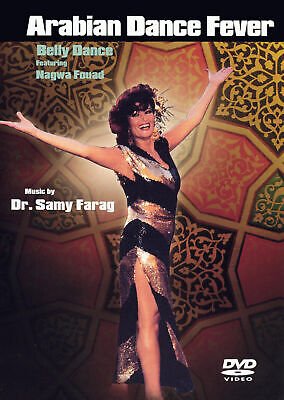
We grew up idolizing these women. We still use them in nostalgic posts, in coffee-table books about Egyptian cinema, in tourism campaigns that sell an “authentic” image of Egypt abroad.
However, when it comes to supporting the art form in real life, belly dancing is suddenly treated like a national scandal.
The Double Standards Nobody Wants to Talk About
Walk into any gym in Cairo and you’ll find belly dancing classes. Foreign dancers run workshops and schools here without issue. Nobody complains. However, when an Egyptian dancer attempts to formalize it into an academy, outrage erupts.
It’s not just hypocrisy, it’s cultural self-sabotage.
We celebrate belly dancing when it’s safely tucked into the past or packaged for foreigners, but we push back when Egyptians today try to keep the tradition alive.
Dina’s Persona vs. the Debate
Yes, Dina is polarizing. She’s been at the center of scandals, and some of her own comments — especially around women — have rightly sparked criticism. But the fight over her academy isn’t really about her. It’s about how Egyptians treat belly dancing itself.
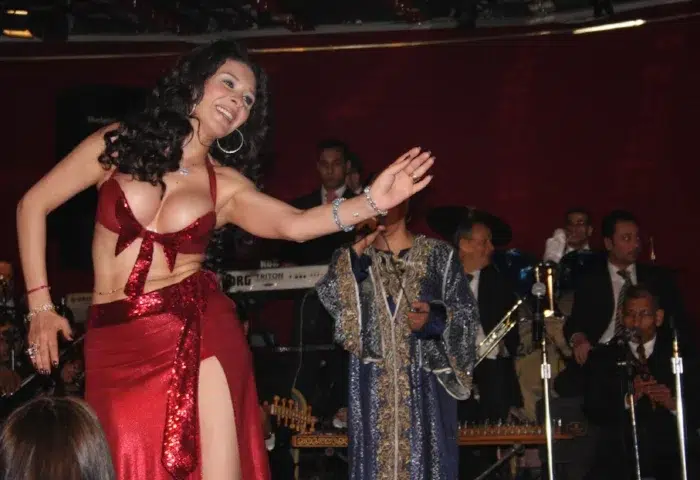
By reducing it to something shameful, we erase decades of history. We act as if oriental dance threatens society, instead of recognizing it as an art form that shaped Egypt’s cultural image around the world.
Killing Culture in the Name of “Morals”
When politicians and lawyers say they’re “protecting values,” what they’re really doing is erasing culture. Belly dancing is not a danger to morality. What’s dangerous is this refusal to respect it at home while still cashing in on it abroad.
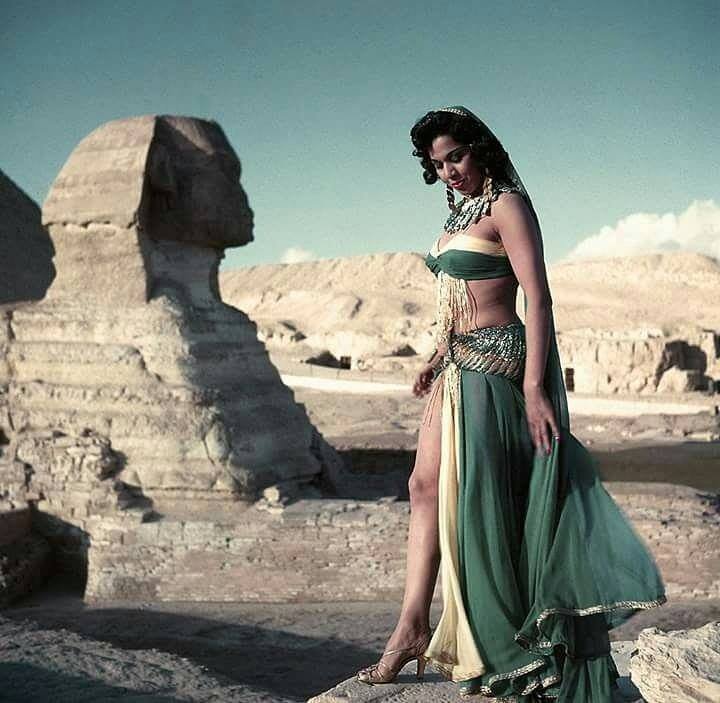
We can’t keep parading belly dancing in tourism ads and film retrospectives while denying Egyptian women the right to pass it down as a craft. Either it’s part of our identity, worthy of schools and institutions, or we let it disappear under the weight of hypocrisy.
Time to Celebrate, Not Condemn
The real scandal isn’t Dina’s academy. The real scandal is that Egypt turned one of its most recognizable art forms into something shameful. Instead of attacking it, we should celebrate Egyptian belly dancers and give oriental dance the recognition and respect it deserves. Because if we don’t, we risk losing a piece of our cultural soul.
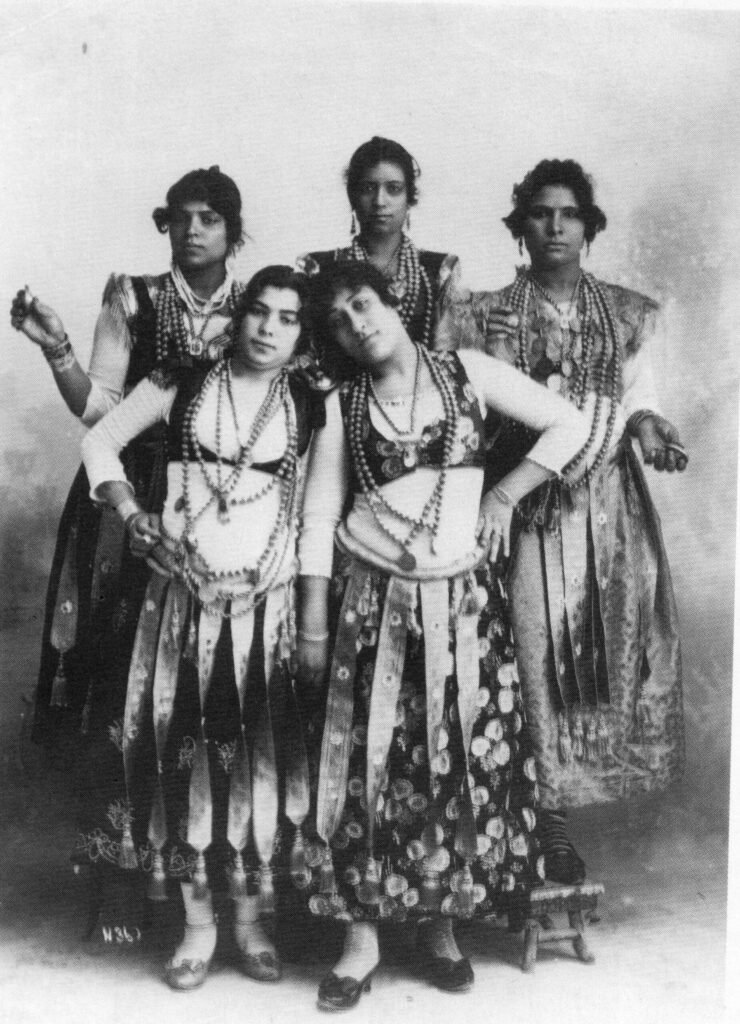
At El-Shai, we’ll be digging deeper into this. Over the coming weeks, we’ll be spotlighting the legacy of belly dancing in Egypt and highlighting the women who made it an art form to be proud of. From the icons of cinema’s golden age to the unsung performers who carried the craft forward, including the ghawazi who initiated the craft in the 19th century.
It’s time to put the spotlight back where it belongs — on Egyptian belly dancers and the culture they helped shape.

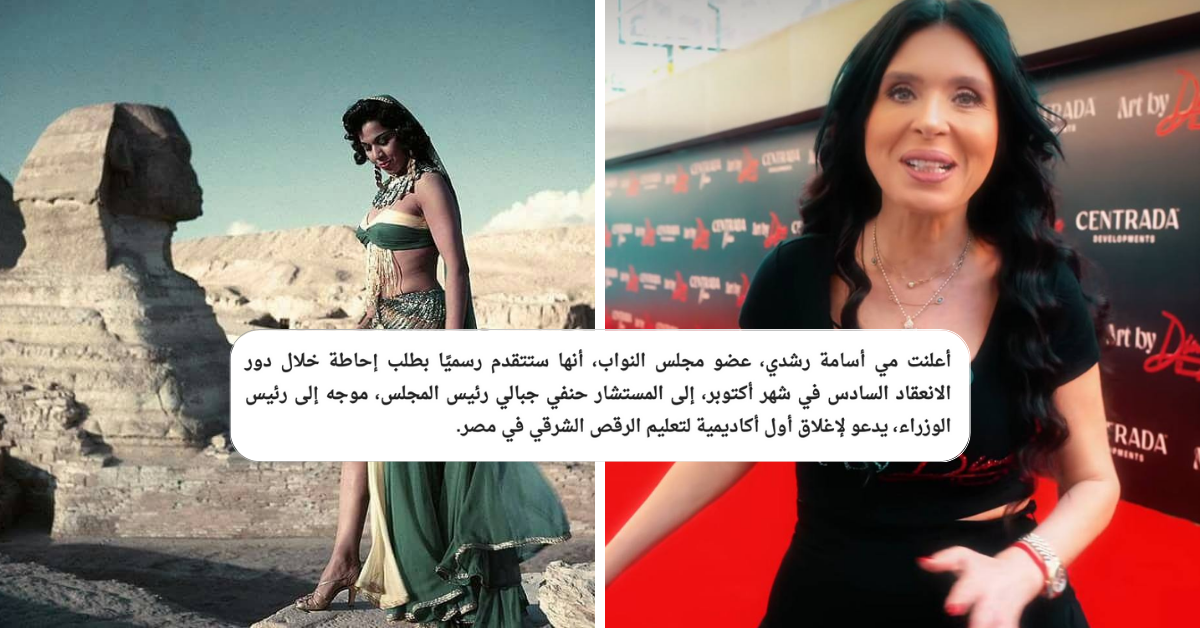




Spot on! Sharing.